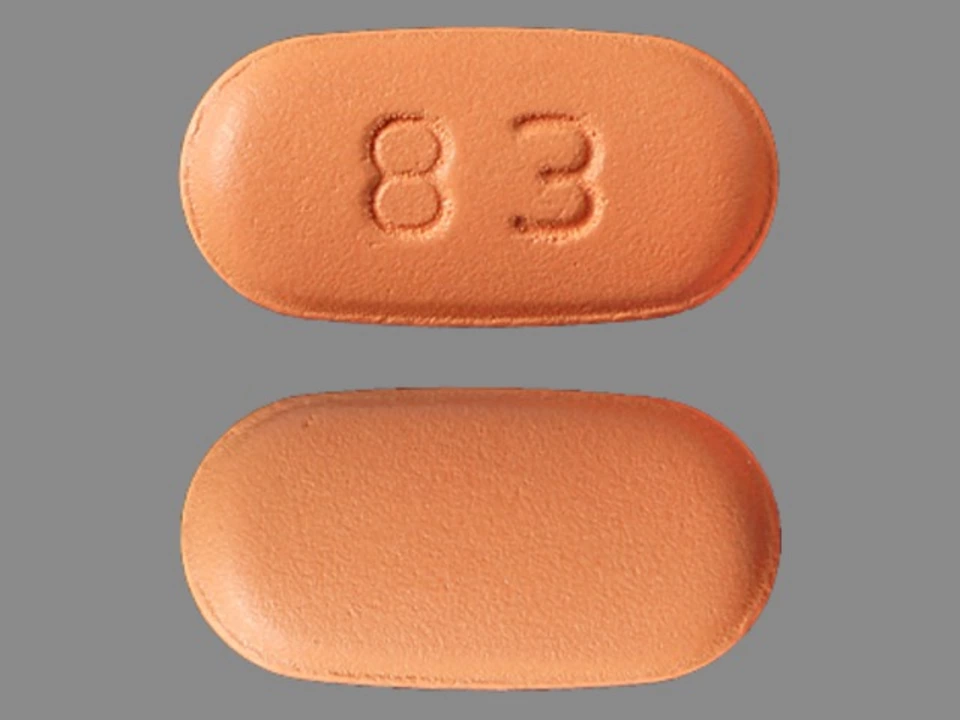Levofloxacin: What You need to know
Levofloxacin is a fluoroquinolone antibiotic used for chest infections, some sinus and skin infections, and complicated urinary tract infections. Doctors turn to it when other, narrower antibiotics won’t work or when the bug is known to respond to levofloxacin. It’s powerful, but it also comes with risks you should know about.
How it works: levofloxacin stops bacteria from copying their DNA, which kills them or stops growth. That broad action means it treats many bacteria, but it also increases the chance of side effects and resistance if used too freely.
Typical dosing: adults usually take 250 mg, 500 mg, or 750 mg once daily. The dose and length depend on the infection—short courses for simple UTIs, longer for pneumonia. People with kidney problems need dose adjustments. Follow your prescriber's exact instructions; don’t guess or share pills.
What to watch for
Common mild side effects include nausea, headache, and mild dizziness. Serious but less common problems include tendon pain or rupture (often the Achilles), nerve damage causing tingling or numbness, mood changes, severe diarrhea, and heart rhythm changes. Some people have low or high blood sugar reactions—this matters if you have diabetes or take diabetes meds. If you notice sudden severe joint pain, new weakness, tingling, vision changes, or suicidal thoughts, stop the drug and get medical help immediately.
Interactions and simple rules: antacids, calcium, iron, zinc, and multivitamins with minerals cut levofloxacin absorption. Take those supplements at least 2 hours before or 4–6 hours after your antibiotic. Avoid unnecessary NSAIDs if you have a seizure history. Tell your doctor about blood thinners, certain heart drugs, or other meds that can affect heart rhythm.
Practical tips for safe use
Take levofloxacin exactly as prescribed and finish the full course unless told otherwise. Don’t double up if you miss a dose—take it when you remember unless the next dose is due soon. Stay hydrated and limit sun exposure—photosensitivity is possible. Avoid heavy alcohol while you're sick and stop activities like driving if you feel dizzy or confused.
Buying and verification tips: always use a licensed pharmacy and a valid prescription. Be skeptical of sites that sell antibiotics without asking for a prescription. Check pharmacy contact info, read reviews, and look for clear policies on returns and privacy. Our site has guides on buying antibiotics and spotting unsafe online pharmacies—use those when comparing options.
When to call your doctor: if symptoms worsen after 48–72 hours, you get new high fever, severe diarrhea, sudden joint pain, or neurological symptoms, seek care fast. Using antibiotics carefully—right drug, right dose, right duration—reduces side effects and helps prevent antibiotic resistance for everyone.

Levofloxacin in Children: Safety, Dosage, and Potential Side Effects
As a parent, it's crucial to be informed about medications our children might need, and Levofloxacin is no exception. This antibiotic is typically prescribed to treat bacterial infections and has been proven safe for children, but it's essential to follow the recommended dosage for their age and weight. However, like any medication, there may be potential side effects such as nausea, diarrhea, headache, or dizziness. If any severe reactions occur, it's vital to consult a doctor immediately. Overall, Levofloxacin can be a useful treatment for our little ones, but proper care and monitoring are necessary to ensure their safety and wellbeing.
Read More




